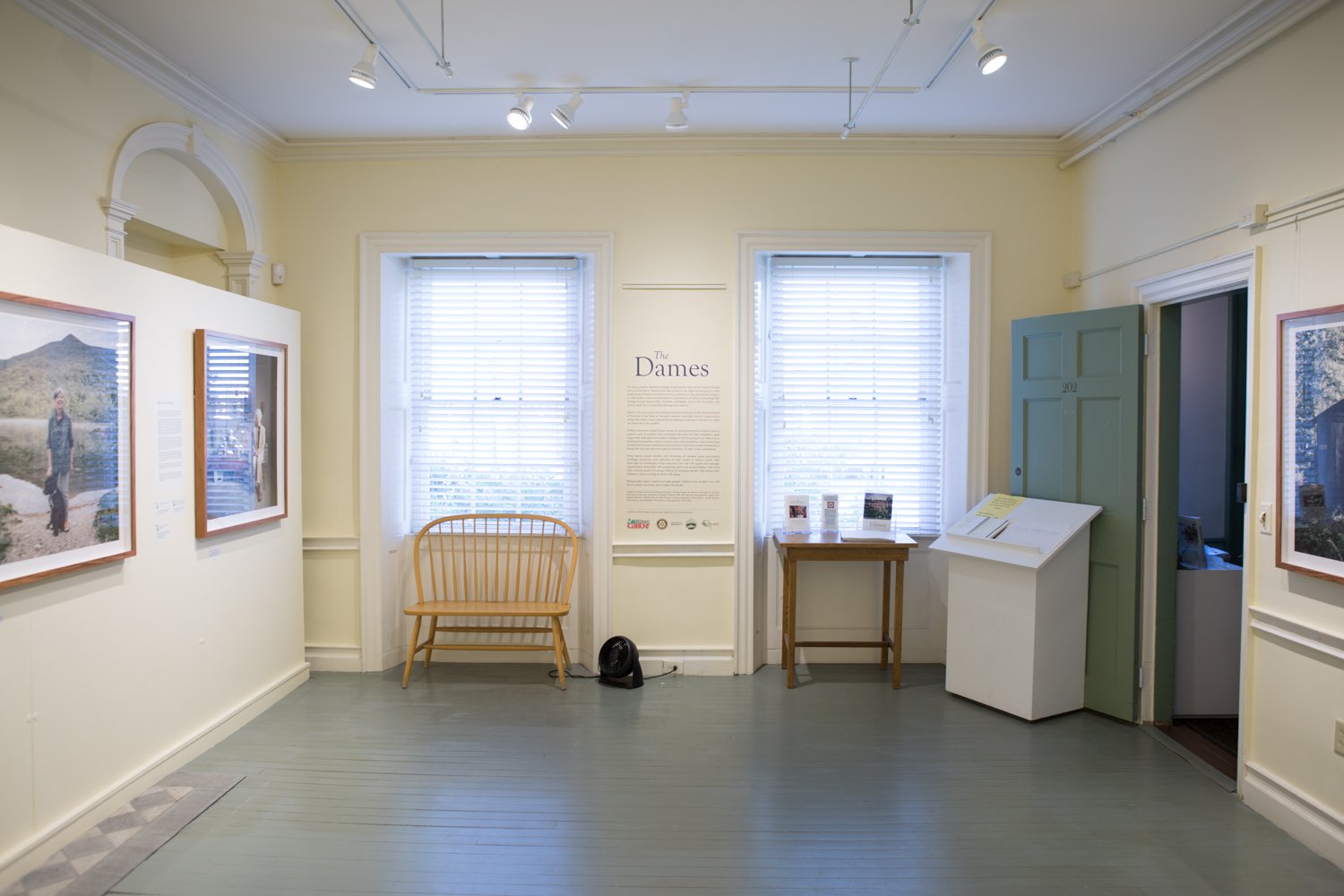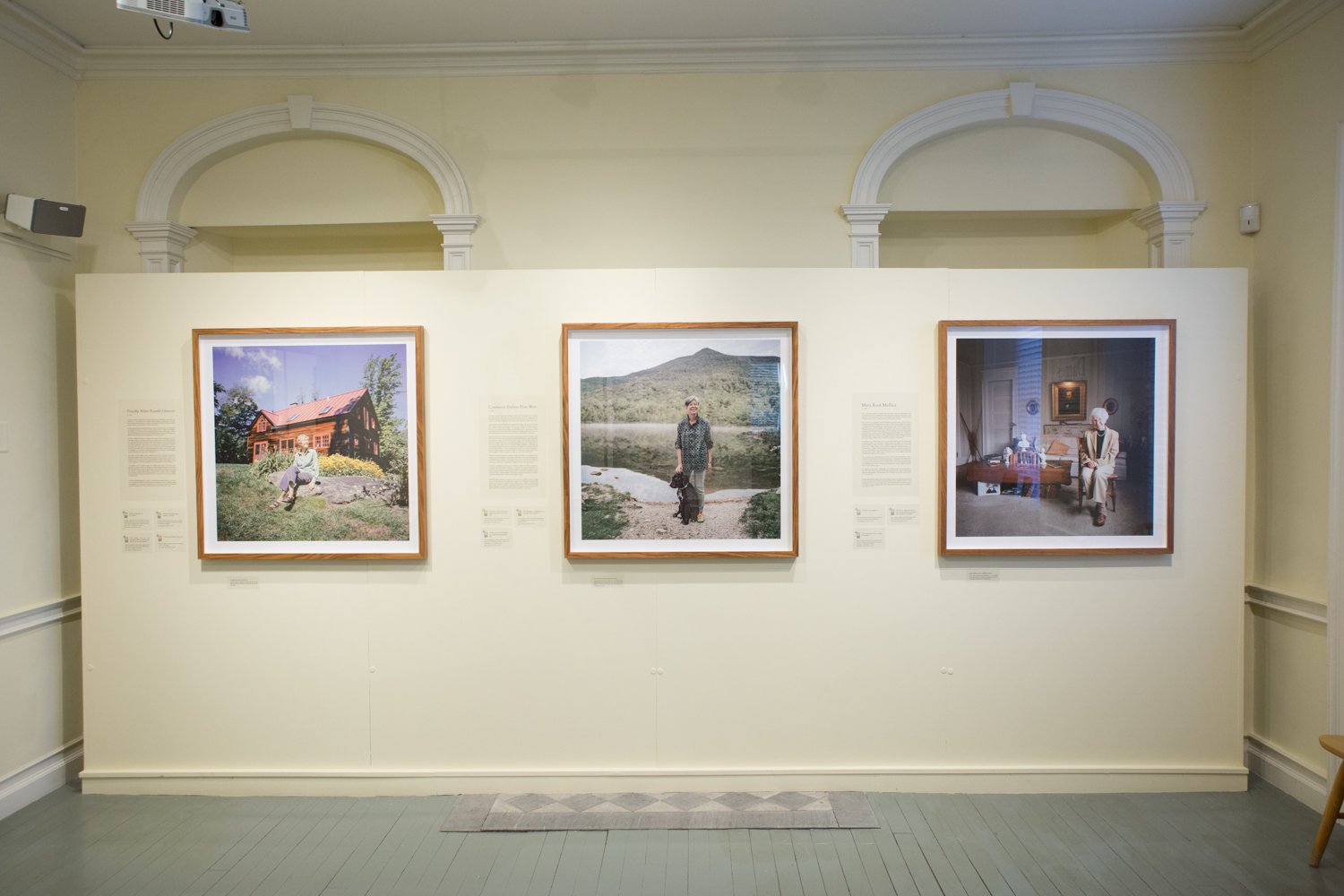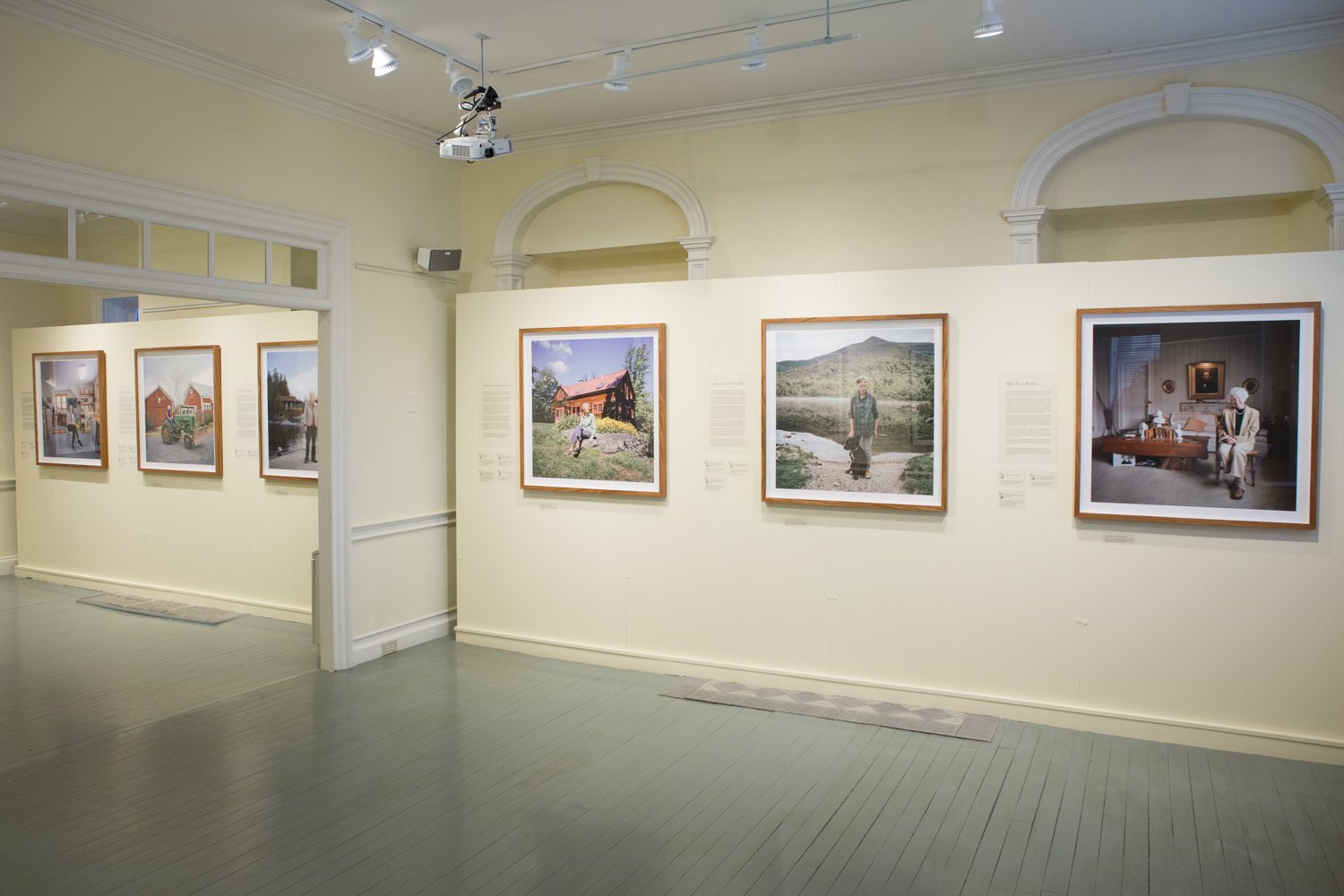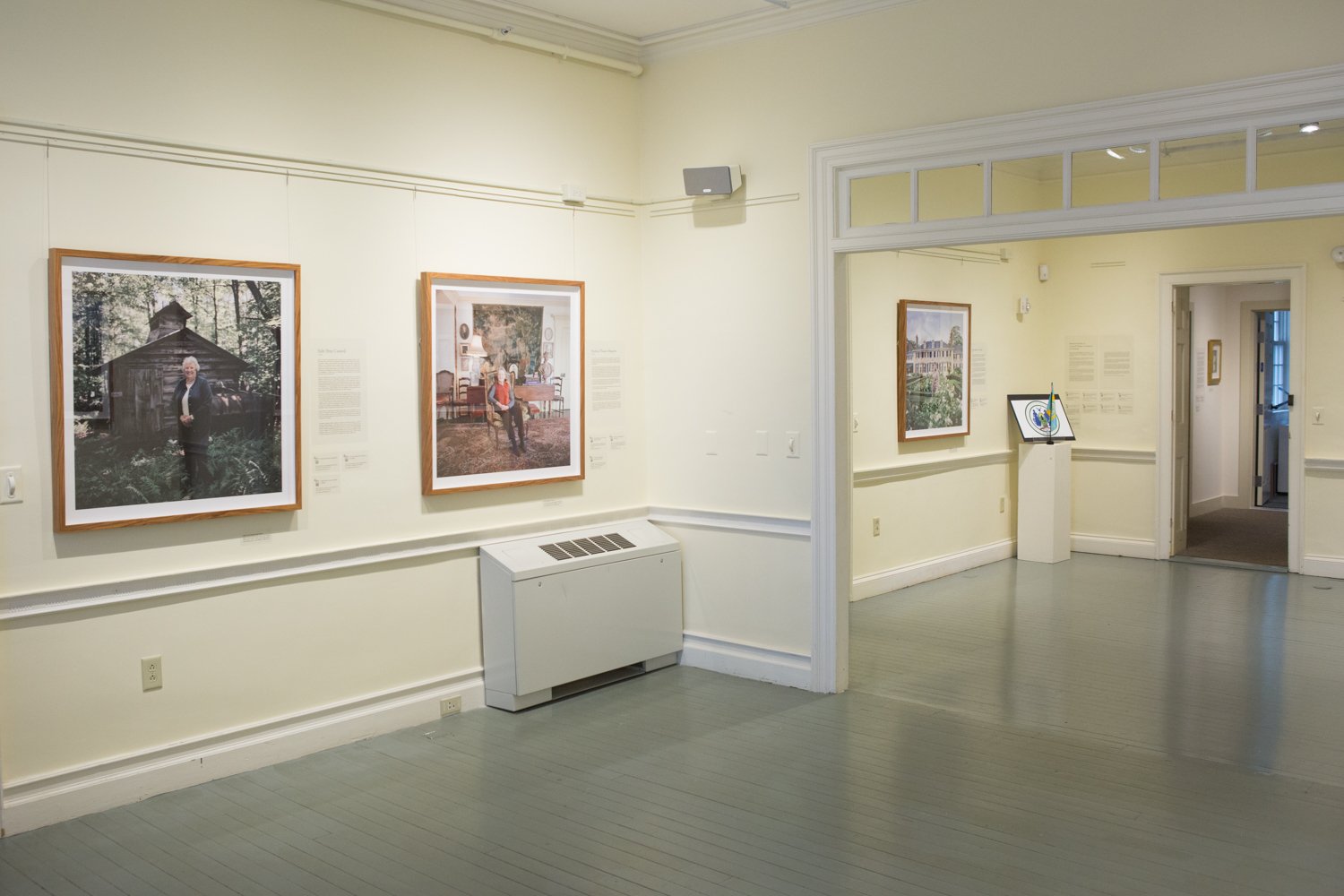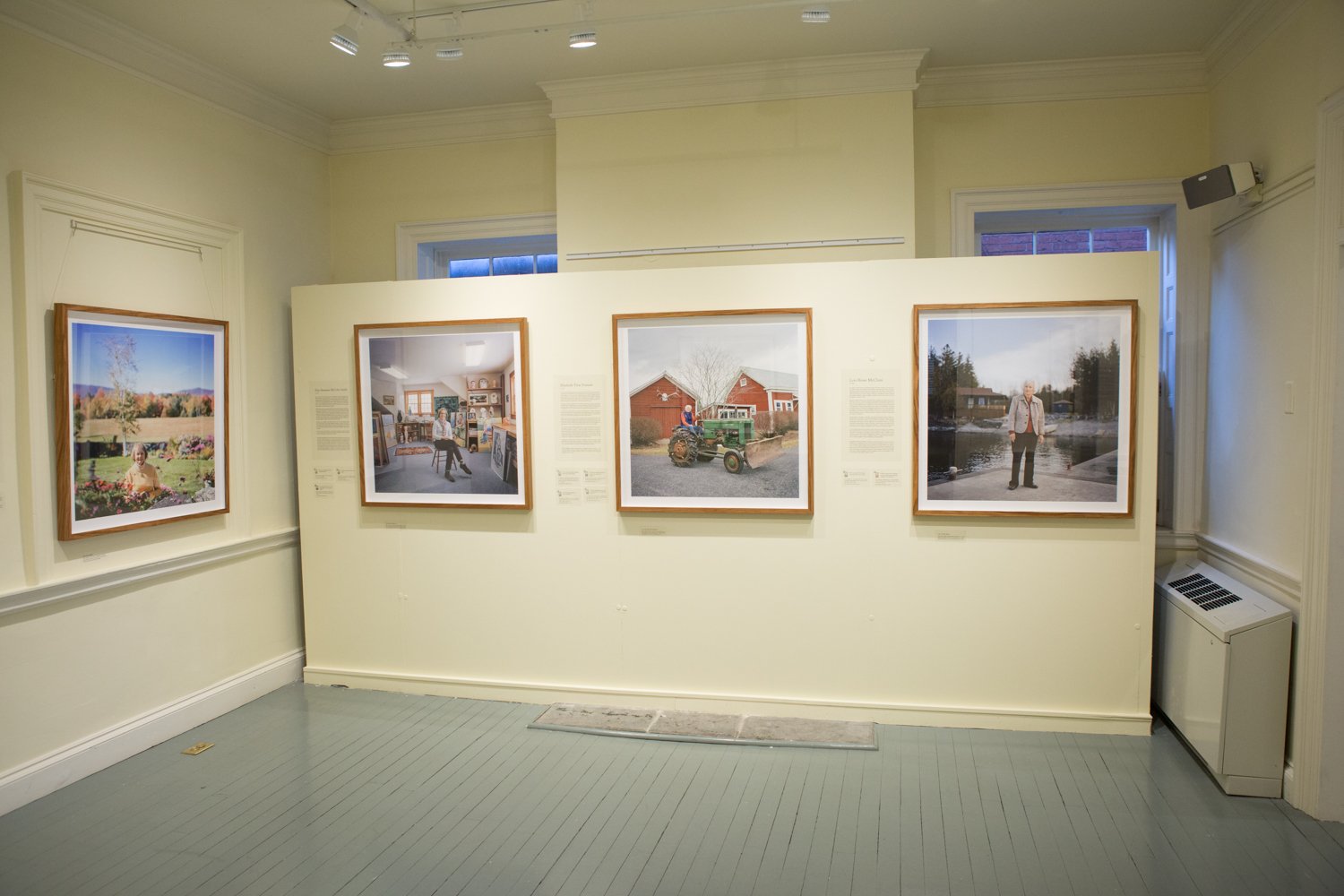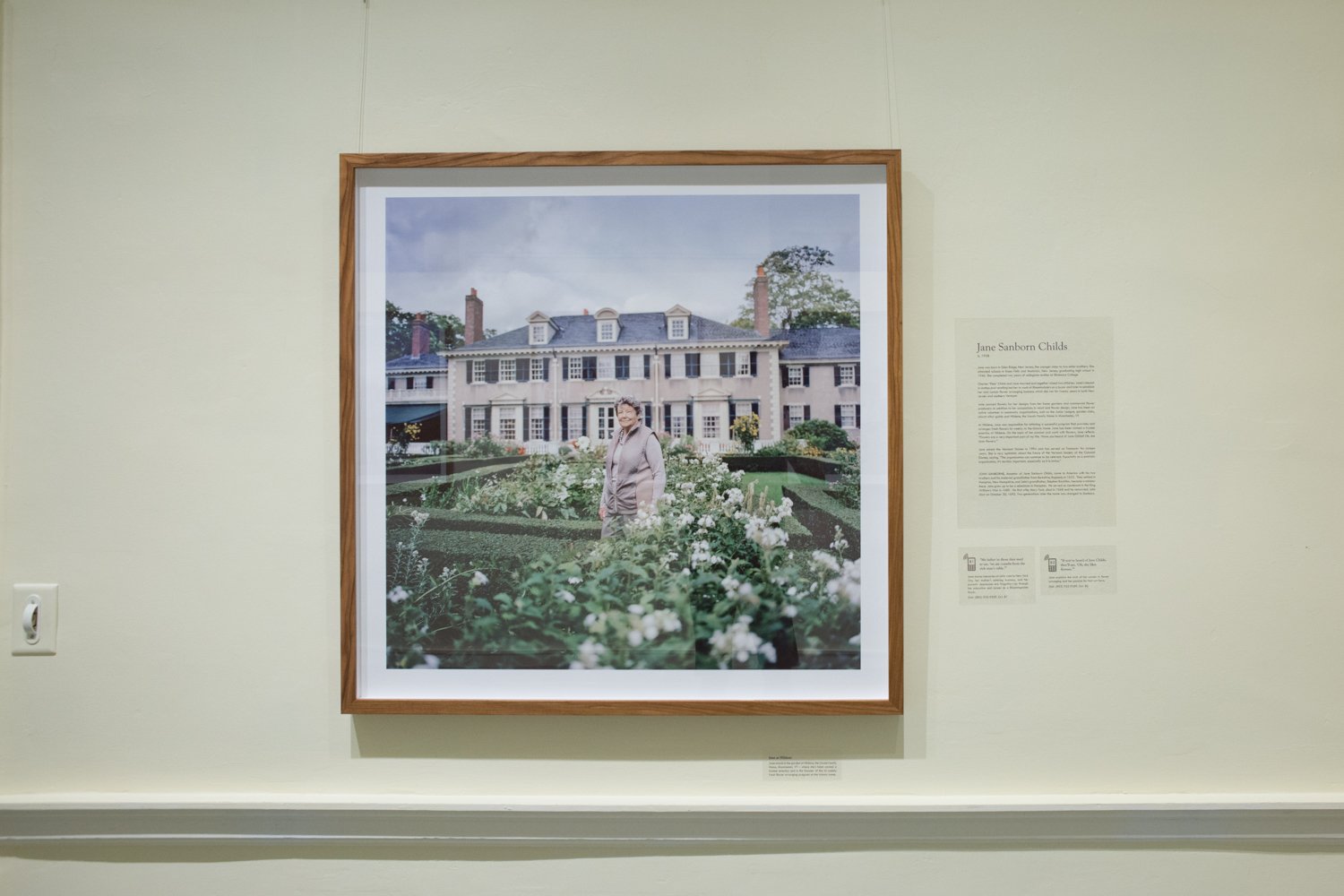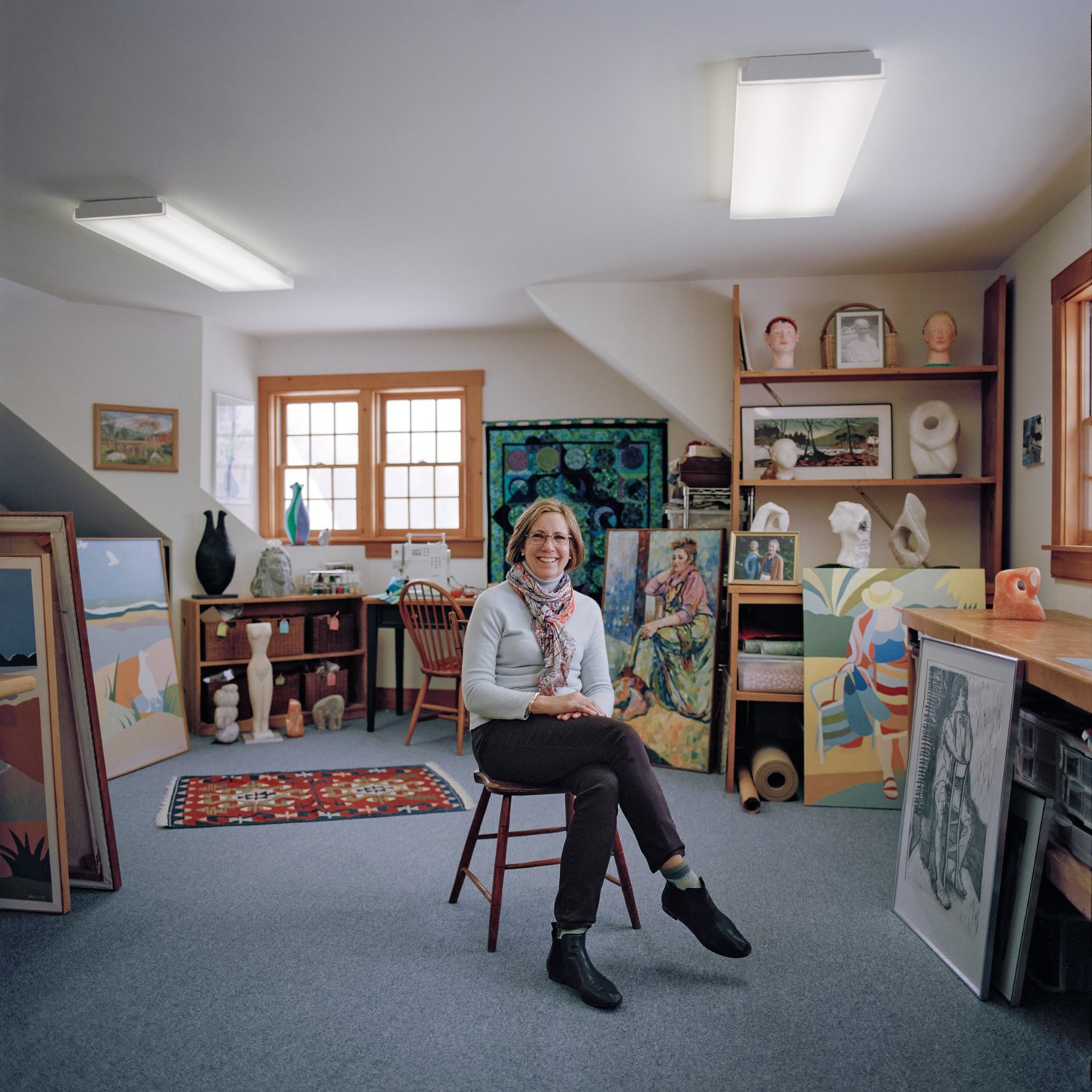The Dames
For many people, ancestral lineage organizations such as the Colonial Dames are a world apart. Peering from the outside in we might be intrigued by their celebration of family and colonial history, patriotic service, and shared values—or, alternately, made uncomfortable by perceptions of elitism surrounding their lineage-based membership.
The National Society of the Colonial Dames of America (NSCDA) is a women’s lineage organization founded in Philadelphia in 1892. Vermont joined the Society in 1898 and it is now one of forty-four state societies with over 15,000 members nationwide. The Vermont group is among the smallest, with a current membership of 41 Dames—working on community service projects, historic preservation, patriotic service and educational programs to promote “education of our citizens and youth about the past and to stimulate interest, patriotism and love of country.”
But who are these women—these Dames? For the past two years, Vermont Folklife Center researchers have conducted an oral history and photographic documentation project in collaboration with the Vermont Society of the NSCDA, to answer that question.
For many people, ancestral lineage organizations such as the Colonial Dames are a world apart. Peering from the outside in we might be intrigued by their celebration of family and colonial history, patriotic service, and shared values—or, alternately, made uncomfortable by perceptions of elitism surrounding their lineage-based membership.
Without exception, these Dames speak of strong connections to history and to nature—and of families who prioritized education for their daughters. Most began their educations at women’s colleges in WWII and post-war times, just as traditional assumptions about women’s roles and capabilities were overturning. Curious and earnest, dedicated and persistent, they have prided themselves in being life-long learners and lasting contributors to their wider communities.
Many speak honestly, and intimately, of complex issues surrounding privilege, exclusivity, and relevance of their society in today’s world. They shed light on challenges in their personal lives met with grace and courage, opportunities embraced with pioneering spirit and preparedness, lives lived with a strong sense of purpose, the impact of changing gender roles across their lifetimes—and a coming to terms with aging.
Ethnographic inquiry aspires to make people visible to one another across difference—and with that intention in mind, the exhibit invites viewers to drop into conversation with these Dames and meet them on their own terms.
This exhibit was funded in part by the National Society of Colonial Dames of America in the State of Vermont—along with program underwriting from the Rotary Club of Middlebury, VT, Cabot Creamery, the Vermont Community Foundation, the Vermont Arts Council, and our membership at large.
The Vermont Folklife Center's mission is to broaden, strengthen, and deepen our understanding of Vermont and the surrounding region; to assure a repository for our collective cultural memory; and to strengthen communities by building connections among the diverse peoples of Vermont.

